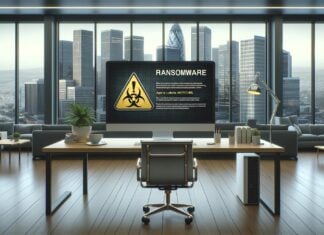
This post was originally published by (ISC)² Management
Clar Rosso, (ISC)² CEO recently joined a roundtable of experts in an (ISC)² Think Tank webinar to highlight why it’s so important to the cybersecurity industry to focus on Diversity, Equity and Inclusion (DEI) as well as offer tangible and practical tips to address common challenges and tensions that often arise on the inclusion journey. The June 23 panel discussed why these initiatives often fail and how to push through the barriers that often keep them from achieving lasting transformation. Rosso was joined by Dr. Kevin Charest, Executive Vice President and CTO at HITRUST, and Samara Moore, AWS Security Assurance Senior Manager and Global Energy Specialist. Both have held (ISC)² Board of Directors positions.
DEI’s Role in Filling the Skills Gap
The current cybersecurity workforce gap estimate stands at more than 3.1 million trained professionals worldwide, and while the number of professionals in the industry grew by more than 700,000 last year, there is still a “staggering need,” according to the panel, for more. This requires looking in non-traditional areas for qualified candidates as well as ensuring that the barriers to entry in the profession are tackled.
“The cybersecurity skills shortage is having significant economic and societal impact. When there’s a major event, we are all connected,” said Charest. “Diversity of thought comes from a wide range of experiences from education, skills and background. It isn’t only about race and gender and is so important when you are trying to fight against ever-evolving bad actors and continuously come up with responses to an increasing threat landscape. We have to think like the adversary. Right now, are we really equipping the workplace with diversity of thought?”
Moore agreed that there was great demand and importance to the cybersecurity profession, and that making it open and accessible would help more people get in.
Rosso then outlined (ISC)²’s current DEI resources and the role organizations like it play in addressing equity. While the strategy is not complete, the organization put together a task force and engaged with multiple organizations focused on DEI. After doing qualitative research and a listening tour around how to fill the skills gap, a number of themes came up including: gender diversity; racial, ethnic and cultural diversity; and education, skills and experience diversity.
“As a professional organization, we have an opportunity and an obligation to do something about DEI,” she said. “We have access to people from all over the world. We can understand what diversity means no matter where they are, it’s going to mean something different. That allows us to look at it, digest it and think about how to address it. In terms of obligation, when we see a workforce gap that is in the millions and is impacting the safety of individuals, organizations and governments, we can’t just shine the light, but have to actually do something about it. That’s what leadership in the space is all about.”
Read more here: blog.isc2.org/isc2_blog





















